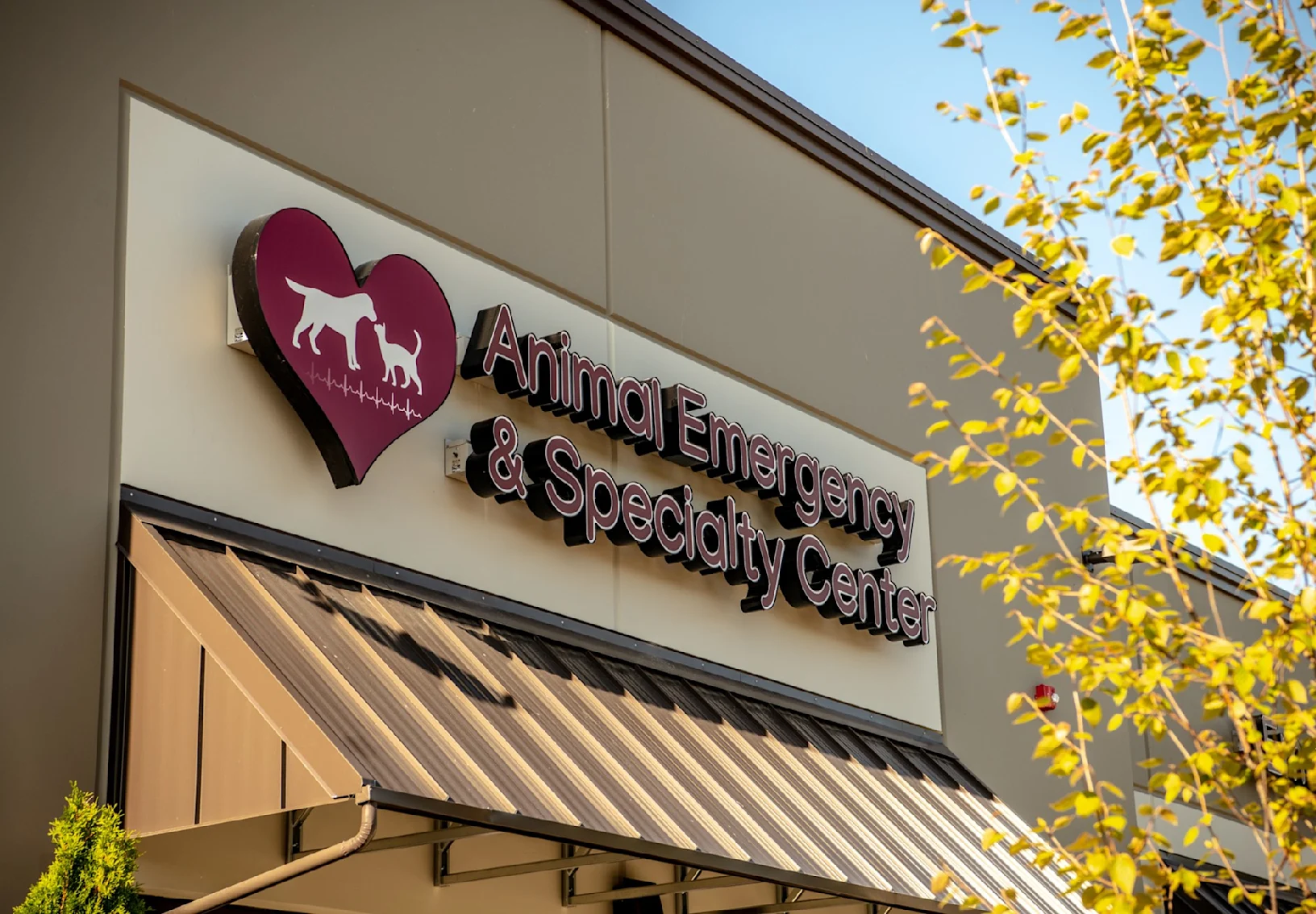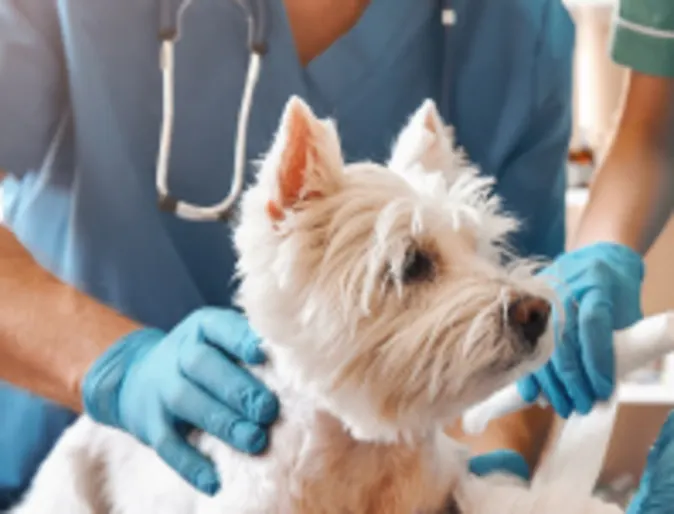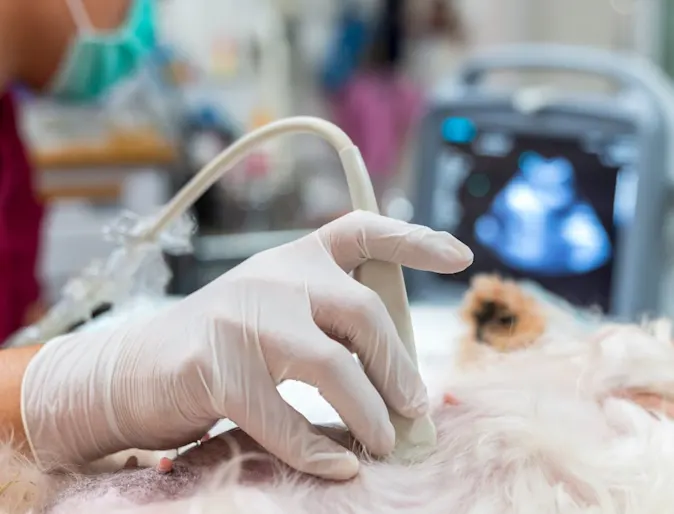Animal Emergency & Specialty Center - Poulsbo (AESC)




Emergency Care

Specialty Services

FAQ

About Our Veterinary Hospital
Few aspects of pet ownership are more frightening than an emergency when your family veterinarian’s office is closed. Animal Emergency is an emergency animal hospital that focuses on the treatment of trauma, critical care and complicated medical problems.
Animal Emergency and Specialty Center (AESC) was established in 1993 as a critical care animal hospital to care for your pet’s veterinary needs. We work as a team with your family veterinarian, sharing information and common goals. We are no further away than your phone. A well trained, experienced and caring team member can answer your questions and advise you regarding your pet’s problem.
Client Reviews and Testimonials
We at Animal Emergency & Specialty Center have been dedicated to providing our care to Kitsap County and surrounding areas since 1993, and we strive to treat your pets with the same care and compassion as if they were our own.
